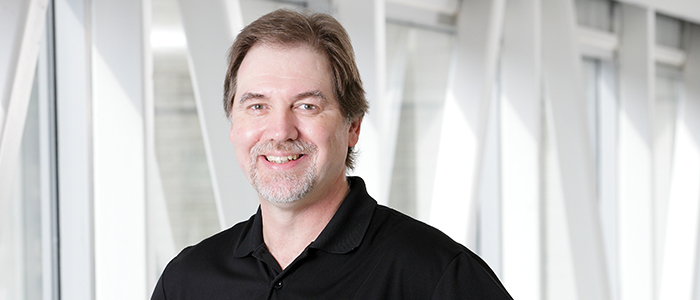Why you should embrace the dreaded PhD defence

For many trainees, the PhD defense is dreaded rather than embraced.
I understand. Addressing questions from specialists in your field about all aspects related to a complex scientific study seems intimidating to many.
I too was intimidated by my own PhD defence. Dr. Chris Pin, who was a witness to my public lecture, often joked that I must have lost a gallon of water in sweat. In my defence, it was the hottest day in August, in the year of 1989.
Questions about the PhD defence are often posed to me and my colleagues. We are asked why it is an important part of the process. Is it a tired tradition, or is there a real purpose?
Graduate school should be about producing independent thinkers. This “test” should demonstrate whether the candidate is able to think on their feet and speak intelligently about their subject of inquiry. In essence, the defence is there to push you to think beyond your current project or thesis and consider how your work can be properly placed within your field.
I believe the forum is necessary, because you cannot get very far in life by following the pack. You need to break free of the pack — not just to take risks, but also to follow your research instincts.
This is especially true for research scientists and academics. Research only moves forward when like-minded, intelligent and strong-willed individuals continue to propose and test innovative ideas or hypotheses, despite the vociferous challenges these ideas or hypotheses can evoke from others. You need to be self-assured, eloquent, persuasive and, in some cases, somewhat formidable to convince others that your ideas and research outcomes have merit and are worthy of their support.
One quality that is often drawn out of PhD students at their defence is leadership. Leadership is part of the graduate school experience, and sometimes it takes this type of test to see trainees overcome obstacles and to believe in themselves.
You have spent the last four years or more dedicated to your project, and the results outlined in your thesis. Your supervisor, advisory committee, lab peers and colleagues have expertly guided you. You have no doubt spent time preparing, and going to conferences. You have also read and re-read hundreds of articles directly related to aspects of your project.
You are an expert in your thesis. It’s time to demonstrate your expertise.
The public defence is a necessary challenge and if you prepare you will achieve your goals. You will have the support of an attentive supervisor, advisory committee and graduate program chair who are all there to help you succeed.
You should never have to go into your defence without having a good idea of what is in store, so if you have doubts, reach out and ask one of us for help. We want to see you succeed and become that determined, self-assured person who can improve the world, or at least will have enhanced our knowledge of the world.
Cheers,
Andrew J. Watson, PhD
Associate Dean, Graduate and Postdoctoral Studies








